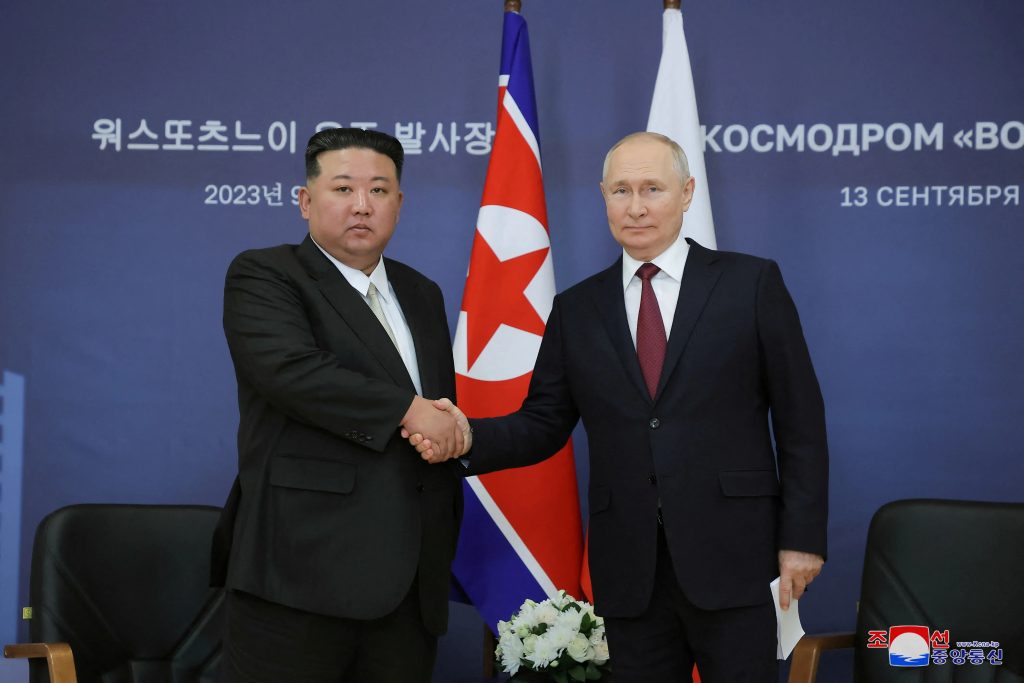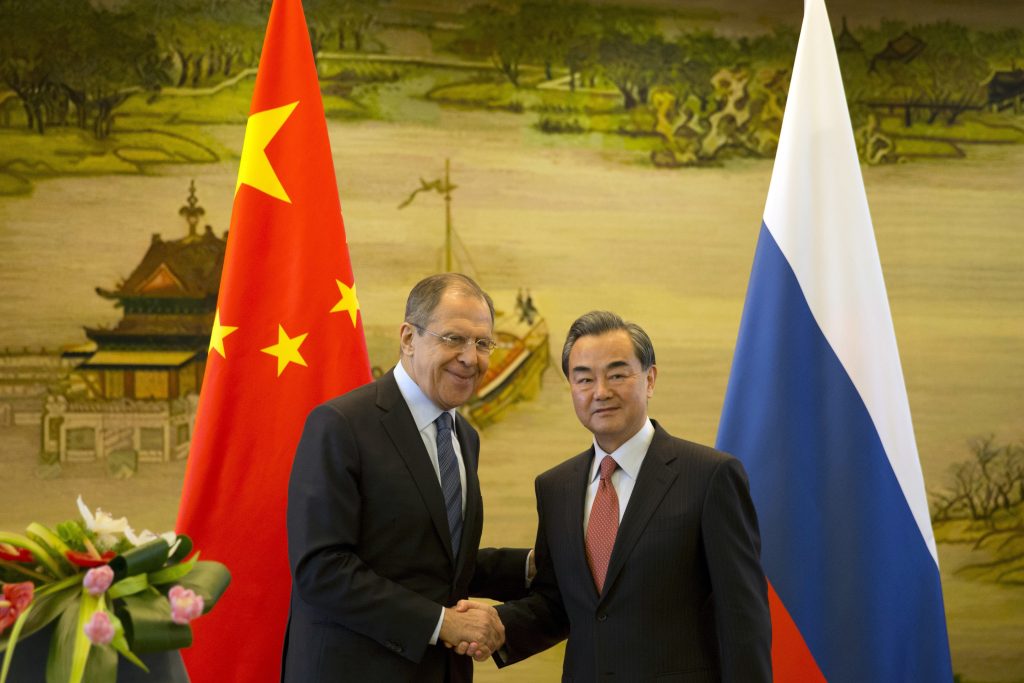In an unprecedented trilateral move, Russia, China, and North Korea have jointly issued a forceful warning to the United States, condemning its alleged plans to deploy military hardware in outer space. The warning follows public statements by U.S. defense officials revealing intentions to expand America’s strategic capabilities into space, including the potential deployment of advanced weaponry and surveillance systems.

According to the statement released by the three governments, the U.S. is “deliberately destabilizing the global security landscape by attempting to weaponize outer space.” They argue that such actions threaten the international consensus on the peaceful use of space and could trigger a dangerous new arms race.
“Space must remain a domain of peaceful cooperation and scientific advancement—not a new battlefield for geopolitical dominance,” the joint communiqué stated. “We strongly urge the United States to abandon its militaristic ambitions and respect existing international treaties, including the Outer Space Treaty of 1967.”

The Outer Space Treaty, signed by over 100 countries including the U.S., prohibits the placement of nuclear weapons or any other weapons of mass destruction in orbit or on celestial bodies. However, recent developments suggest a growing trend among major powers toward the militarization of space—raising concerns among experts and diplomats.
U.S. Space Strategy Under Scrutiny
The U.S. has defended its position by pointing to increasing threats from rival nations in the space domain, including satellite-jamming technologies, anti-satellite missile systems, and cyber attacks targeting space infrastructure. The Pentagon argues that establishing a credible defensive presence in space is necessary to protect national and global security interests.
In February, the U.S. Space Force confirmed plans to expand its orbital surveillance capabilities and hinted at testing new “defensive and deterrent” technologies. While no specific weapons systems have been confirmed, analysts believe this could include space-based lasers, kinetic interceptors, and satellite defense networks.
Rising Global Tensions
Russia, China, and North Korea’s joint stance marks a rare moment of strategic alignment among the three countries, which have historically operated independently in foreign policy matters. Their statement signals a shared perception of growing U.S. aggression in the space arena.
The diplomatic backlash comes amid broader geopolitical tensions over Ukraine, Taiwan, and the Korean Peninsula. Observers warn that the weaponization of space could serve as a dangerous multiplier in already volatile global relations.

International Response
The United Nations has yet to formally respond to the warning, but calls are growing for renewed global dialogue on space governance. Several non-aligned countries have urged the revival of stalled negotiations on a binding treaty to prevent an arms race in outer space (commonly known as PAROS).
Experts say that without clear legal frameworks and mutual trust, the risk of miscalculation or unintended conflict in space could become a serious threat to global peace.



































